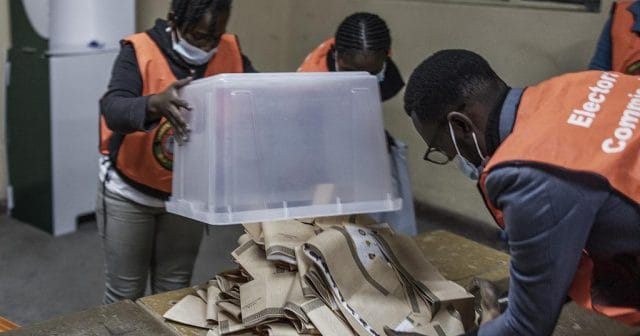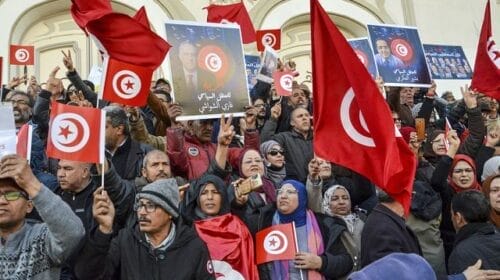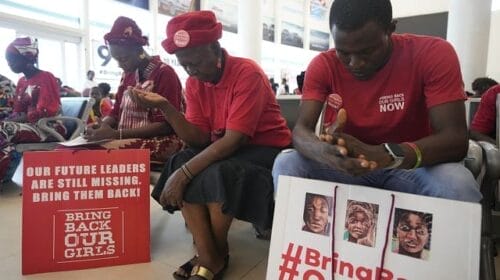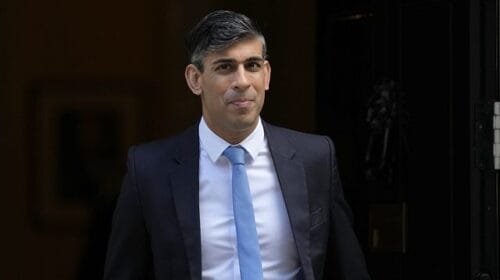Polls close in Zambia’s high-stakes election

Zambians were choosing their president on Thursday, between incumbent Edgar Lungu and his great rival Hakainde Hichilema, after a tense campaign centered on the economy of the first African country to default on its debt since the start of the pandemic.
At dawn, hundreds of people formed queues outside the polling stations. In the township of Matero, Andrew Daka, 20 years old, who is voting for the first time, wants “change”: “we can’t go on like this”, he told AFP.
Further on, in this modest office in the south of Lusaka, President Lungu, 64 years old, leather jacket and teeth of happiness, exceeds everyone by a head. “Zambians are ready to vote and there are many of them,” he says as he exits, cheered by supporters with fists in the air. “We are going to win!”.
By midday, Hichilema, nicknamed “HH” or the affectionate term “Bally,” a wealthy 59-year-old self-made businessman who is running for the sixth time and promises to turn the economy around, is taking a bath on his way to vote.
Hundreds of journalists and supporters follow him step by step. “We’re confident (in the fact that) we’re going to win,” he says, in a demure suit and open collar. “People want change, you can see it in their faces.”
“What matters is that the decision of who becomes president, who runs this country, is determined by … the voters, not by the people who count the votes,” he added with a frown. The day before, “HH” had called on the electoral commission to guarantee a “free and fair” election.
The opposition, which fears fraud, had also accused the government of seeking to hinder Mr. Hichilema’s campaign, which the ruling Patriotic Front (PF) vehemently denies.
And while the government had threatened to block the internet if some “spread false information that could destabilize” the election, Whatsapp messages and the internet were slowed down or blocked in places in the afternoon, it was reported.
Results by Sunday
In the popular district of Mtendere, more than 200 voters are taking their trouble, chatting in the queue or buying an ice cream from a seller who appeared opportunely. Music blasting, taverns serving beer and heavy traffic… No palpable tension.
Thomas Wandu, a 41-year-old miner, is going to vote for Lungu, who is perceived as a strong man. “Underground, it does not happen as it should”, he confided to AFP, “the (Chinese) bosses do not respect their wage commitments”.
But the rising cost of living has eroded the incumbent’s support base, according to polls, and the election could be closer than in 2016, when “HH” lost by just over 100,000 votes.
Mr. Lungu, a lawyer by training, has been criticized for borrowing unreasonably, including from Chinese creditors, to finance a spree of infrastructure projects.
Inflation soared to more than 20 per cent under his presidency, and in late 2020 Zambia became the first African country to default on payments since the outbreak of the coronavirus.
Sporadic violence broke out in the run-up to the vote between supporters of the two main candidates, prompting Mr. Lungu to deploy the army. The opposition denounced this unprecedented measure as an intimidation tactic.
The president has been increasingly heavy-handed in dealing with any opposition since coming to power in 2015, raising fears of tensions if the results, which are expected to be known by Sunday evening, are challenged within 72 hours of the polls closing on Thursday (16:00 GMT).
AFP





